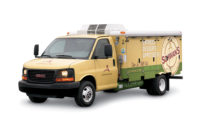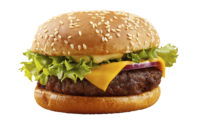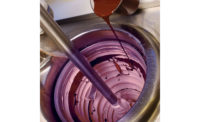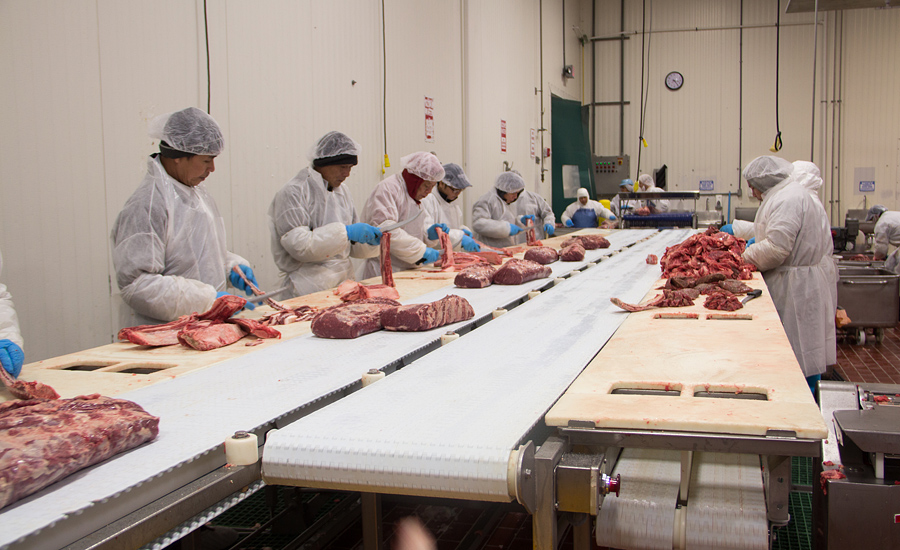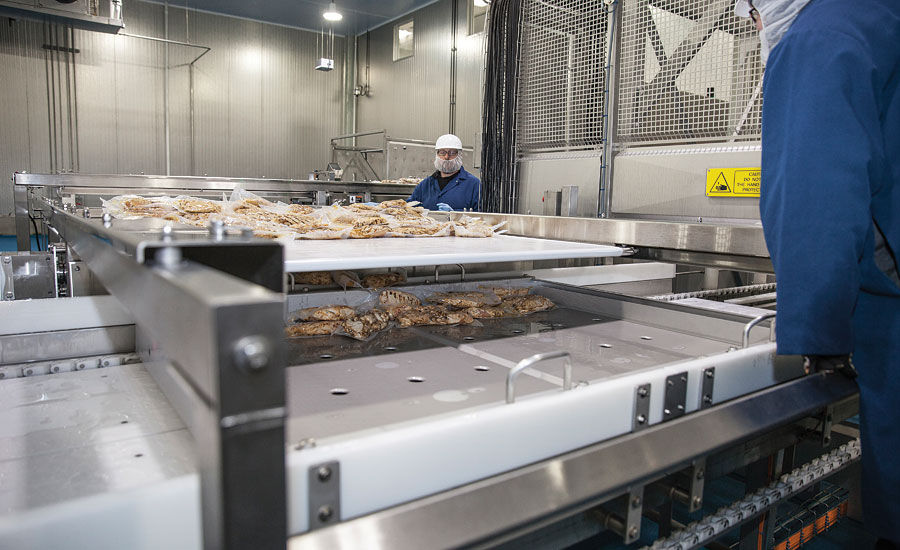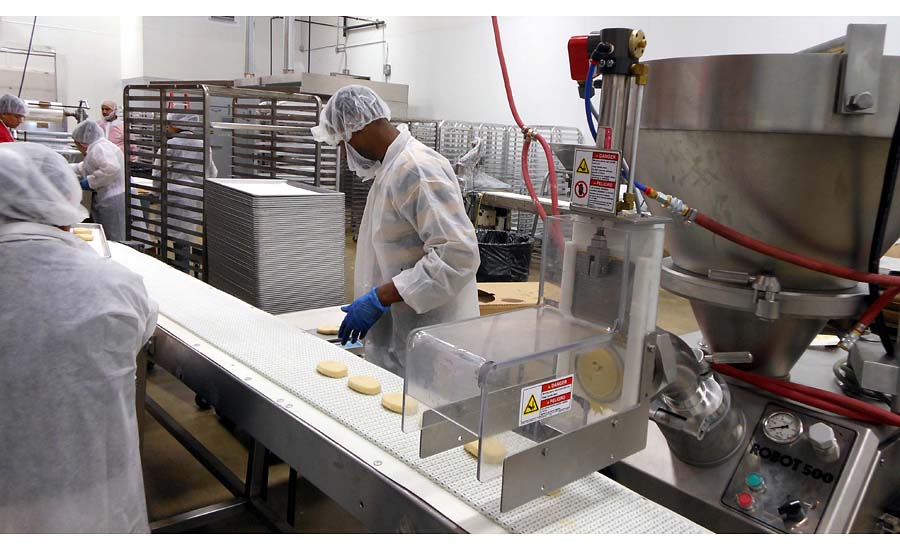Selecting a co-packer/co-manufacturer
Flexibility, trust, speed to market, available capital and scalability are key ingredients in selecting a co-packer/co-manufacturer.

House of Thaller draws from its pool of nearly 1,000 formulations to either create proprietary recipes or refine existing ones for several start-up companies.

When choosing a co-packer/co-manufacturer, Rastelli Foods Group advises looking for a partner, not a vendor.

SugarCreek Foods considers itself a “provider of brandworthy food solutions” because it transforms new product ideas and specs into reality.

According to Wholly Wholesome, co-packers bring additional capacity, speed to market, ability to produce a wider variety of products, flexibility in packaging or product design, proximity to markets and the reduced need for capital expenditures on equipment, facilities and/or overhead.




Instilling trust in another company to manufacture your product can be a daunting task. Will they follow the instructions? Will the food be safe for consumers? What if you want to add different kinds of product to the mix?
Refrigerated & Frozen Foods interviewed a handful of co-packers and co-manufacturers to learn what they bring to the equation in terms of food processing and why sometimes, a co-packer/co-manufacturer and client relationship can help grow the business.
House of innovation
House of Thaller, Knoxville, Tenn., produces dips, spreads, sauces, deli salads and specialty items for a number of start-up companies, private label brands and cold food manufacturers. It draws from its pool of nearly 1,000 formulations to either create proprietary recipes or refine existing ones and develop them into production-ready product.
“It is critically important that the co-packer and brand owner totally understand each other regarding expectations in product development, ingredients to be used, quality systems that will be required and all limitations or restrictions in each of these areas,” says John Thaller, president. “Traditional food processors may likely be locked into standardized equipment and processes, requiring huge volume of efficiency, and therefore, do not lend themselves to the production of small private label runs or products unique to their standardized process.”
In addition to the co-packer and client being in total agreement on all processes—both quality and ingredients—Thaller suggests that the client be assured that proper equipment exists and is capable of running the desired packaging units.
“[The] client needs to understand if the co-packer’s equipment or process will be able to duplicate the desired sensory specification,” adds Thaller. “[The] R&D team needs to point out, as early as possible, any limitations within the facility that may result in deviations in the target product.”
Provider of brand-worthy solutions
SugarCreek Foods considers itself a “provider of brandworthy food solutions,” transforming ideas and specs into reality. But, what also separates this Cincinnati-based producer of ready-to-eat product lines from the pack is its ability to plan for the future.
“Our 50-year-old model assumes that companies interested in working with a co-packer make decisions based on trust/transparency, food safety and quality, talented people, clean/efficient facilities, cost and value,” says Lance Layman, vice president, business development of SugarCreek, Refrigerated & Frozen Foods’ 2016 Refrigerated Foods Processor of the Year. “When capital is tight or speed to market is critical or manufacturing is not your core competency and is only impeding what you do best, then outsourcing manufacturing can provide many benefits.”
When it comes to foodservice, there is generally a greater focus on the food due to the importance of limited menu items.
“This requires a very high level of culinary collaboration with several iterations,” adds Layman.
However, the interaction with most retailers is strictly around merchandising and its private label brands, which are developed by the co-packer/co-manufacturer.
“[We] leverage the intellectual capital of both teams to co-develop solutions to exceed the needs of consumers and add value to your partner’s brands and business,” adds Layman.
Allergen-free at your service
When it comes to knowing when the time is right to select a co-packer/co-manufacturer, Doon Wintz says it’s different for every company.
“A decision like choosing the correct co-packer must rely on a combination of ‘gut feel’ and analysis. The question is less about timing and more about whether the processor is ready to truly think about their future and the best growth strategy,” says Wintz, president of Wholly Wholesome.
For almost 20 years, Wholly Wholesome has been co-packing all-natural, allergen-free pies, pie shells and other baked goods out of its Chester, N.J., headquarters facility.
“Co-packers traditionally bring additional capacity, speed in getting to market, the capabilities to produce a wider variety of products, flexibility in packaging or product design, proximity to markets reducing freight and logistics costs and the reduced need for capital expenditures on equipment, facilities and/or overhead,” adds Wintz.
Other tips to consider when selecting a co-packer include learning the chemistry, alignment of values and expectations and future growth of the brand.
“Your relationship with your co-packer is important for the success of your brand,” Wintz says. “If it doesn’t feel right from the outset, don’t enter into [the] relationship.”
Flexibility is No. 1
For Request Foods, Inc., Holland, Mich., flexibility is the biggest thing a co-packer can offer that traditional food processors cannot.
“Co-packers need to have the ability to change their lines around to meet the wide range of requirements of running different products each day,” says Jeff Gehres, senior director of sales and product development. “The co-packer is able to adapt to all the different size dishes, pouches, etc., depending on the item or project that they are challenged with producing.”
For example, in retail, there’s a need for single serving, family size, bulk size and more.
“When you enter the club store arena, you need to be even more flexible with the back-end packing on your lines because of the way the items are packaged and presented in the club stores,” says Gehres.
Gehres also suggests checking the co-packer’s audit/recall history, its location and proximity to the business and past history/reputation.
“The great thing about a co-packer is they take most of the risk when it comes to paying for the facility and keeping it up to quality and safety standards,” says Gehres.
Look for a partner, not a vendor
When choosing a co-packer/co-manufacturer, look for a partner, not a vendor, says Michael Carr, marketing director of Rastelli Foods Group, a meat processor based in Swedesboro, N.J.
“Using a co-packer means giving up some level of control around the process, and potentially the quality of the end product,” says Carr. “It is vital when selecting a co-packer, to choose someone that you trust and that shares your corporate values in production quality and service.”
Some other important factors to keep in mind when selecting a co-packer/co-manufacturer are maintaining open lines of communication, checking out food safety ratings/certifications, ensuring scalability and discovering the co-packer’s marketing and distribution capabilities.
“When the projected opportunity/demand outweighs the production capacity of the hiring company, it is time to select a co-packer,” says Carr.
Looking for a reprint of this article?
From high-res PDFs to custom plaques, order your copy today!




